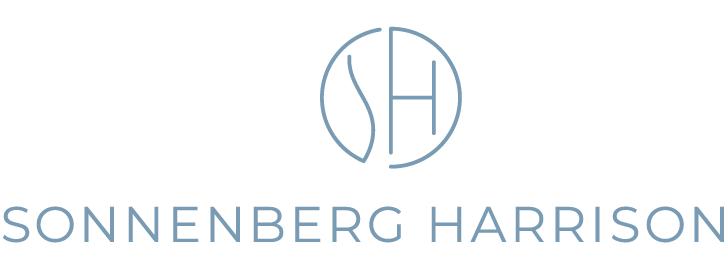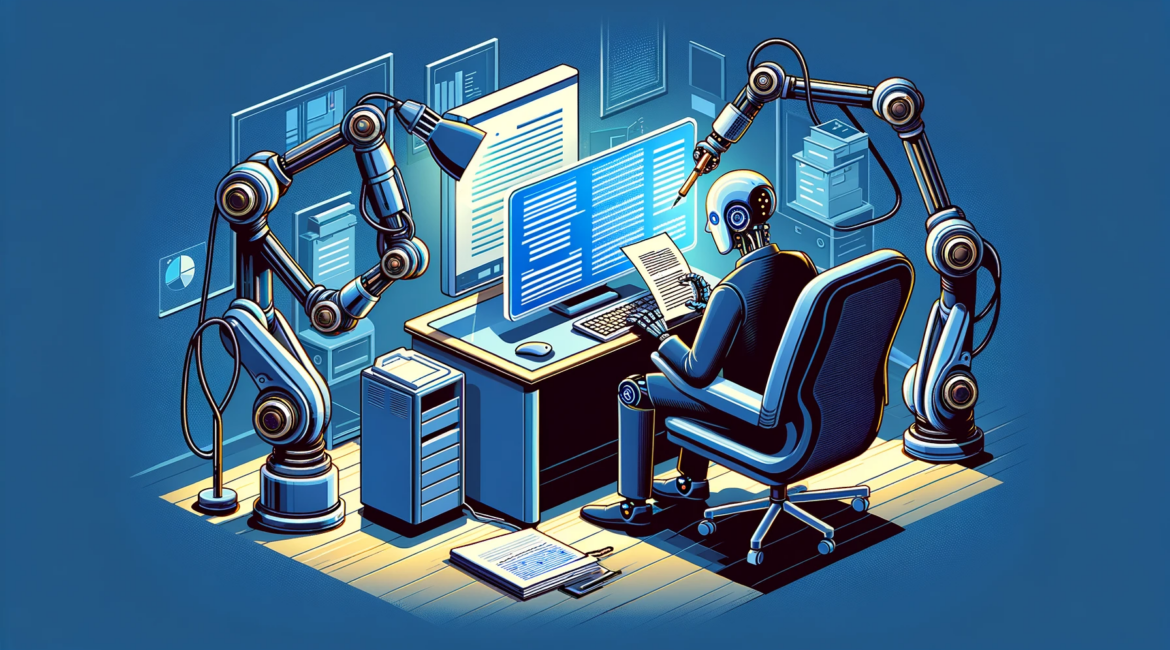The UK Supreme Court has decided that an artificial intelligence machine cannot be considered to be an inventor in British patent law. The case “Thaler v Comptroller-General of Patents Designs and Trade Marks” involved an appeal regarding two patent applications filed by Dr. Stephen Thaler under the UK Patents Act 1977. These applications were unique because they claimed protection for inventions generated by an AI machine, DABUS, which Dr. Thaler owned. The primary contention was whether a machine could be recognized as an inventor under the 1977 UK Patents Act.
The initial decision by the Hearing Officer for the Comptroller-General of Patents declared the applications should be considered to be withdrawn. The reasons for this decision in the UK Intellectual Property Office included the machine’s inability to qualify as an inventor, Dr. Thaler’s lack of entitlement to apply for patents since the inventions were autonomously made by the machine, and Dr. Thaler’s failure to identify any human inventor or how he derived the right to be granted the patent. This decision was upheld by a judge of the High Court, emphasizing the need for an inventor to be a person under the 1977 Ac
These applications were part of a broader project to establish that AI systems can create inventions and that the owners of such systems should be able to secure patents for these inventions. Dr. Thaler’s patent attorneys filed these applications in multiple countries for inventions described as a new kind of food or beverage container and a new kind of light beacon for emergencies. Neither application designated a human inventor.
The Court of Appeal dismissed Dr. Thaler’s further appeal. The majority of the judges agreed with the Hearing Office at the IP that an inventor, as per the 1977 Act, must be a person. The court also noted that there was no legal basis to consider an invention created by a machine as the property of the machine or its owner. One Judge, Birss LJ, however, dissented and found that Dr. Thaler had complied with the Act’s requirements, arguing that the inventor being a machine was not an impediment to granting a patent to Dr. Thaler.
In the final appeal to the UK Supreme Court, Dr. Thaler’s arguments centred on his entitlement to apply for patents for inventions created by DABUS and the assertion that an applicant need not name a natural person as an inventor under the 1977 Act. The Comptroller, however, maintained that an inventor must be a person and that Dr. Thaler did not meet the requirements of Section 13(2)(a) of the Act.
Ultimately, the decision hinged on whether DABUS, a machine, could be recognized as an inventor. The court concluded that DABUS was not an inventor under the 1977 Act, as it was not a person. Furthermore, Dr. Thaler had no independent right to obtain a patent for the technical advances made by DABUS. The court held that the applications were correctly considered withdrawn due to failure to meet the requirements of the Act.
Clearly, the decision is a setback for Dr. Thaler and his campaign for an AI machine to be recognised as an inventor. It does not solve, however, the issue of how to deal with cases in which an artificial intelligence system was used to design a new type of device or product. Our practice is to nominate the programmer(s) of the system as the inventors and to acknowledge the system in the description. This compromise has to date been accepted by all of the patent offices in which we have been actively filing for patent protection.
Please get in touch if you require further information.





